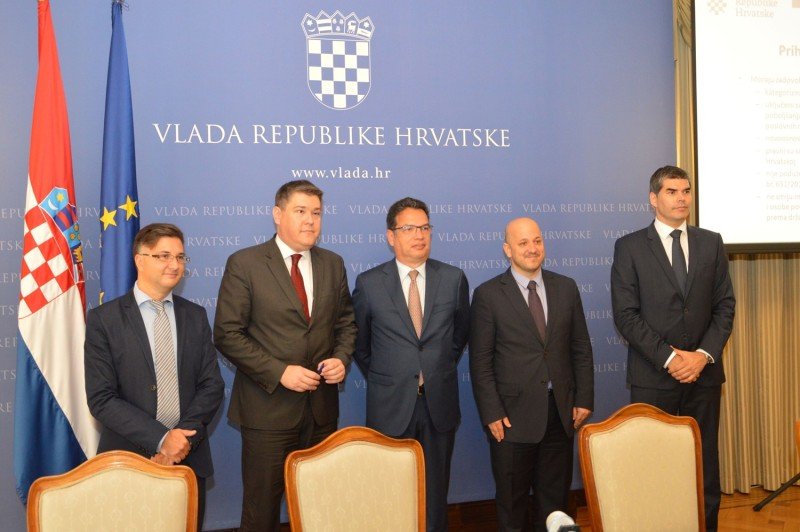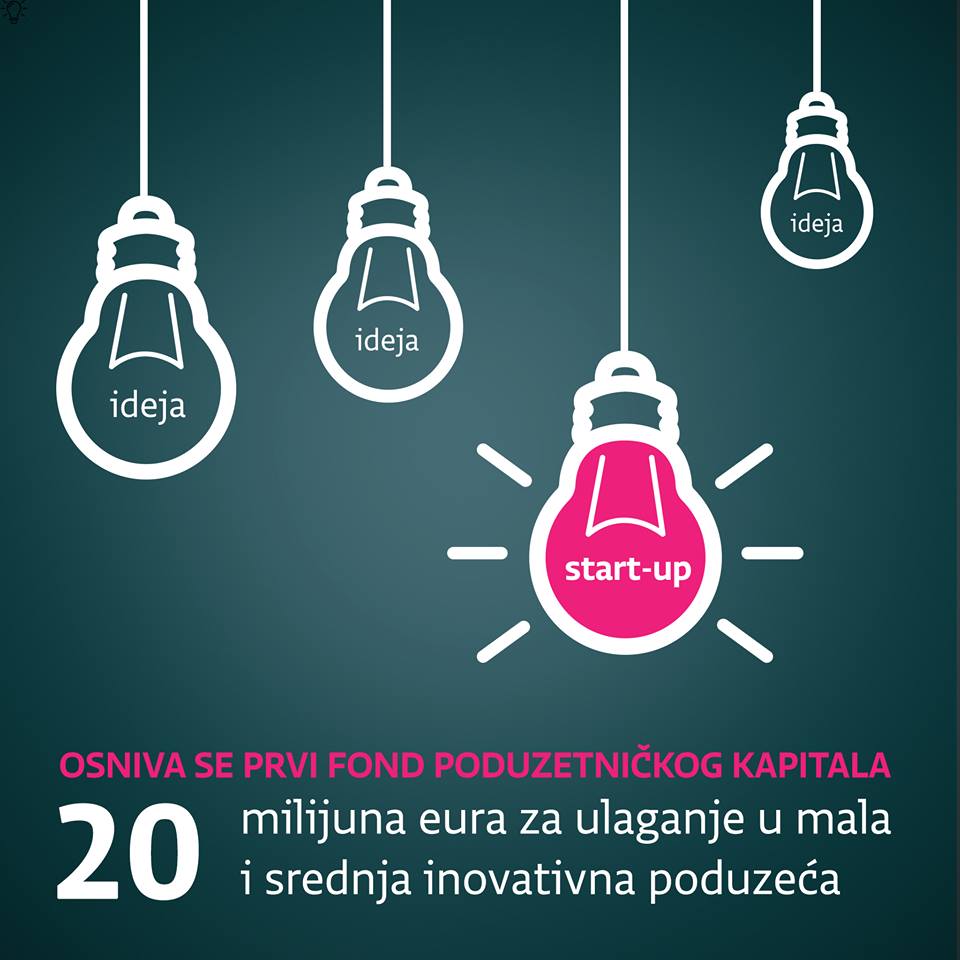Yet another venture capital fund being announced normally wouldn't justify a tech.eu piece. It just might, however, if it's the first VC fund in a very long time, not only in the country (my native Croatia) but in the wider region of the countries coming out of former Yugoslavia (except Slovenia) and also Albania.
In fact there were two VC funds operating in Croatia in the mid-to-late nineties (disclosure: my company, Perpetuum Mobile, took on a small investment from one of them).
However, once they were fully invested they wound down their operations.
Back in the mid-2000's, there was an attempt to start a government-backed VC. This attempt failed due to a combination of factors, including the fact that a number of potential institutional and private investors got cold feet as the crisis of 2008 hit.
For the past several years, officials at the World Bank have been discussing the possibility of setting up a fund using a loan from the bank with the Croatian administration. As things often go in this corner of the world, it was an on-again, off-again conversation, with the Croatian side apparently showing no particular sense of urgency to finally get the operation kickstarted.
As far as I know (admittedly I haven't researched this in detail), Croatia has for a long time been the only EU member state with no local VC. None. Zero. In fact, the only such fund in the whole ex-Yugoslavia region is RSG Capital, based in Ljubljana, Slovenia. The RSG crew has been active in Croatia as well, funding startups and companies such as Shout' Em (do-it-yourself mobile apps) and Degordian (full service digital agency).
On Wednesday, July 8th, the Croatian government and the World Bank finally signed a loan agreement with the goal of setting up a venture fund. As reported, this should be a €20 million facility.
A small piece, roughly 10%, will be targeted at small tickets for early stage startups. The management team will be selected via international tender, so those of you out there potentially interested in the gig should be on the lookout.

We haven't had much info on how soon the fund will actually come onstream. My guess: don't hold your breath. When it comes to the public administration in Croatia and SEE, things usually move to the rythm of the old Dylan tune "Time Passes Slowly" (personally I prefer the Judy Collins cover). No need to hurry, right? Croatia is so far "ahead" of other EU countries that our civil servants can afford to lay back, relax, and wait for others like Estonia, Ireland and Poland to catch us if they can.
In the meantime, another fund, not local to Croatia but with a mandate for the region, should actually go live fairly soon. This is from a broad regional initiative called the "West Balkan Investment Framework", a partnership of acronym-heavy institutions such as the European Commission, EBRD, EIB (European Investment Bank) and CEB (Council of Europe Development Bank) along with the governments of each of the "affected" countries – i.e. ex-Yugoslavia minus Slovenia plus Albania.
The management team selected to manage this fund is actually RSG Capital. Here in Southeast Europe we've been waiting for what seems like forever for this facility to go live. I'm sure Jure Mikuž, managing director of RSG, has had quite enough of the incessant questions from the regional tech and investment community about when this will finally happen. Nevertheless I reached out to Jure again for this tech.eu piece. His only comment - RSN ("real soon now"). Well at least that's something we're used to hearing from startup founders, as well as authors writing books about them.
Over the past few years, the very best of Croatian startups have been able to attract funding from international investors. tech.eu covered several of them last November, with investors ranging from Y Combinator to 500 Startups to Boston-based angel groups. Bulgaria has proven to be particularly popular for Croatian teams. Eleven and Launchub, two Sofia-based VCs backed by the European Investment Fund's Jeremie program have no fewer than 11 Croatian startups in their respective portfolios (check out our coverage of the Bulgarian startup ecosystem).
Here's to hoping that both the regional and "national" VC projects will soon start funding more local startups and pump badly needed financial resources into the cash-starved ecosystem. To quote tech.eu Editor-in-Chief Robin Wauters when we discussed this over email - it's "insane" that there is actually a EU member state with no (zero) local VCs.
Photo credits: Croatian government official photos and illustrations


